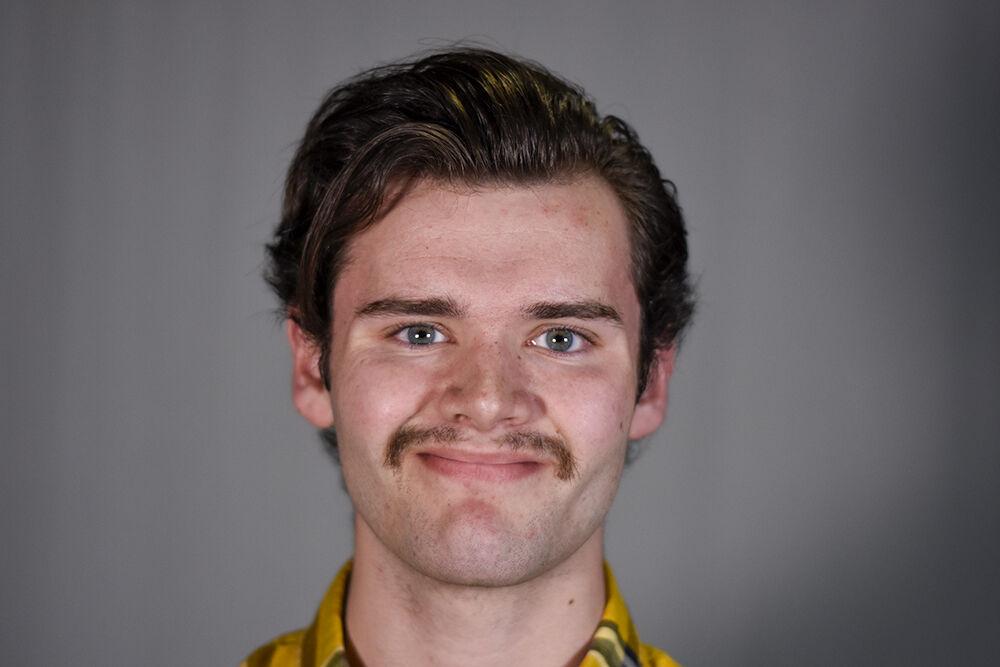In the same week that Technician ran our yearly satirical Daily Tar Hell paper, UNC-Chapel Hill’s Faculty Council discussed the controversial introduction of a new political science school. The debacle between faculty and the board of trustees behind the proposed new “School of Civic Life and Leadership” could have made our front cover.
The school is a supposed effort to bolster freedom of speech at UNC, especially in the realm of political science discourse. The school would not hold classes required for all students but would instead offer new courses for students to fulfill core requirements.
The creation of the new program has been criticized as a politically motivated scheme to bolster conservative voices without the input, or ask, of the wider UNC-Chapel Hill community. Board of trustees chair David Boliek seemed to confirm this notion by flaunting the proposal on Fox News, calling it an “effort to remedy” the imbalance of political ideology at the university.
The proposal was introduced without the knowledge of faculty, whose input is usually critical in the creation of a new program. Such ambitious projects are typically built from the bottom up by professors and professionals. The board of trustees is composed of 13 members who do not necessarily have much experience or knowledge on course construction. Faculty speculate that the rushed and hushed nature of the proposal was in anticipation of blowback from academics.
Not only does the board lack expertise, the group has developed a conservative majority through a systematic manipulation of state politics.
In recent years, Chapel Hill has become an epicenter for political controversy. From the teardown of Silent Sam to the ludicrous Nikole Hannah-Jones saga, the university has had no shortages of national headlines. Last year, UNC was named by the Foundation for Individual Rights in Education one of the worst-ranking universities for freedom of speech. This was not only the product of the board of trustees’ rejection of Nikole Hannah-Jones, but also the invasion of private faculty emails who had been critical of their decision.
While one side of freedom of speech is in contention, conservatives lobby that they too are under siege for their beliefs. UNC has long been considered one of the more liberal institutions in the country, a title universities are receiving with increased intensity in political discourse. A majority of conservative students report that they censor their political views and worry that their peers will think less of them if they express themselves.
The cultural schism at Chapel Hill demonstrates an argument for the larger field of political science. The central rationale behind the introduction of the new school is the existence of so-called echo chambers in classrooms, where people with the same beliefs reinforce their convictions in a closed environment.
While the idea that colleges and universities are cesspools of liberal indoctrination is paranoid, the prevalence of echo chambers is certainly a reality. In political science classes at NC State, there is no shortage of students patting one another on the back for a shared worldview. Those with views dissenting from the majority are sometimes hard to find or hear.
This is not healthy conduct for politics, or any educational discipline. The existence of differing views and perspectives is essential to genuine discourse and learning. A wide array of political viewpoints is essential to a productive political science classroom.
But, the insistence of leveling the playing field from a structural and administrative standpoint, as the School of Civic Life and Leadership seemingly plans to do, is the worst possible solution. The ideological bubbles that materialize are not a specific goal of any syllabus and are certainly not a reflection of the intentions of professors. To specifically create courses with an ideology in mind, namely one that conflates conservatives as victims, would be contrary to any and every principle of autonomous education and would do the opposite of encouraging positive discourse.
Instead, curriculum should continue to be impartial, but students should seek to better understand one another. Liberal students constitute the bulk of my political science classes, and while both sides might fervently oppose each other’s beliefs, their ideology features more prominently from the sheer numbers that voice it. Thus more of an onus falls on these students to foster open discourse, but conservative thinkers should not shy away from the discussion.
The idea that higher education has made particularly-minded students victims with no chance to stand is absurd. The involvement of all students is what creates a rich environment for learning and bettering one another.














